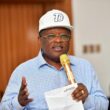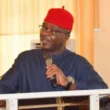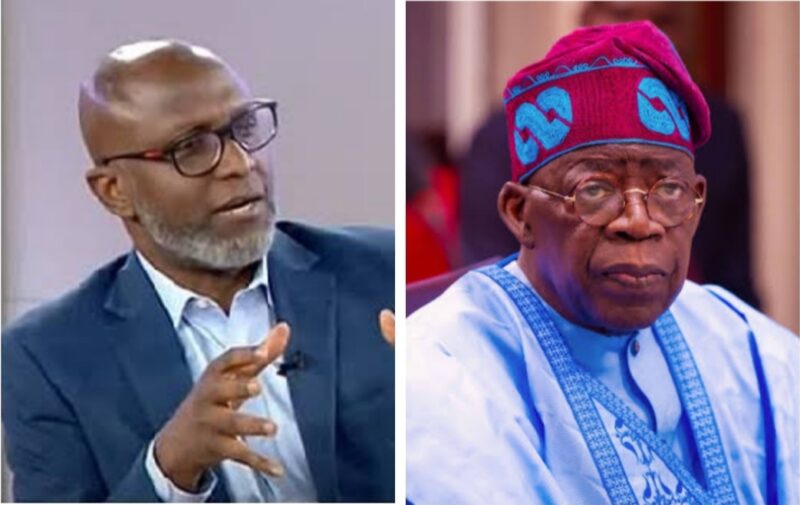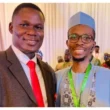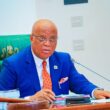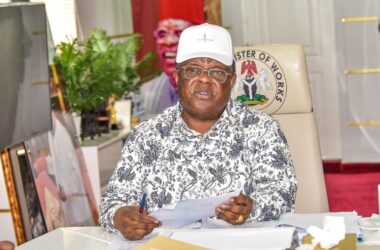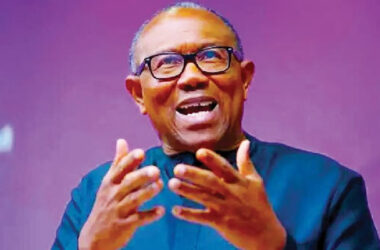Veteran journalist and former presidential aide, Laolu Akande, has urged President Bola Tinubu to demonstrate greater compassion in the fight against poverty and to urgently revive Nigeria’s once-successful social investment programs.
Akande made these remarks during the “My Take” segment of Inside Sources with Laolu Akande on Channels Television on Friday, in a policy-focused commentary titled Policy Tips President Tinubu Can Still Adopt Two Years After II.
In his remarks, Akande presented a detailed roadmap containing policy recommendations for the Tinubu administration under six critical themes: security, poverty alleviation, energy, productivity, human capital development, and governance.
On the pressing issue of poverty, Akande did not mince words. Citing alarming projections by the World Bank, he warned that over 50% of Nigeria’s population could be living in poverty by 2027 if decisive action is not taken.
“The least the Tinubu administration can do is to demonstrate an active concern showcasing its own compassion and resolve to deal with this problem of poverty. Now this hasn’t happened as it ought to properly yet,” Akande said.
He referenced the early years of the Buhari administration (2016–2019), when a suite of social investment programs—including the National Home-Grown School Feeding Programme, N-Power, TraderMoni, and the Conditional Cash Transfer—earned national and international commendation.
“That should be restored and reinvigorated. We saw success of the programs before the rot was introduced right after 2019. The Tinubu administration can take the good success of the programs in the first three years of 2016 and 2019 and even do it better. This is very possible and we should do it,” he added.
Akande emphasized that poverty is not just a statistic but a lived reality for millions of Nigerians, and a government that truly connects with its people must prioritize targeted social safety nets.
On security, Akande highlighted the urgent need to increase manpower in both the military and police, noting that Nigeria’s inability to put more “boots on the ground” continues to hamper the fight against insecurity.
“The president can take decisive steps to deliver this number ramping up. We need to ramp up the numbers,” he urged. “Also, state police or the decentralization of police away from one command center in Abuja is now long overdue.”
He advised that President Tinubu adopt a more proactive stance in implementing state policing, stressing that time is of the essence, especially with the resurgence of terrorism in the northeast and worsening security challenges across the country.
“The president should lay all options on the table including the use of non-conventional fighting groups. Former president Goodluck Jonathan adopted such effectively ahead of 2015 elections as we remember.”
On the energy sector, Akande delivered a sharp critique of Nigeria’s underperforming power industry. He called for an expedited implementation of the Siemens electricity initiative and the rapid development of mini grids across the country.
“No nation in history has ever risen and grown economically without rise in its effective energy utility—Nigeria won’t be the exception,” he said. “Let us speed things up.”
He urged the decentralization of power generation and distribution, the integration of private power companies at regional levels, and aggressive investment in renewable energy—particularly solar.
Akande expressed frustration with the inefficiency of Nigeria’s current power architecture, describing it as bloated and ineffective.
“What is the use of this unwieldy structure if it is not serving us well in the last two decades?” he asked. “We should not continue without having a thoughtful review of what we are having currently.”
Turning to productivity, Akande acknowledged the ambition of President Tinubu’s $1 trillion economy vision and called for concrete steps to make it a reality.
“This is another imperative if we must truly and indeed move things in the right direction in Nigeria. We like the mission of the president for a 1 trillion dollar economy and we commend him for it,” he said.
He stressed that economic expansion must be rooted in increased local productivity across sectors such as agriculture, manufacturing, services, and digital innovation.



